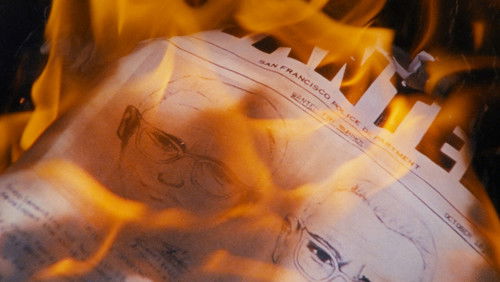Retrograde (2022)
47KRetrograde (2022). Retrograde: Directed by Matthew Heineman. Tells the story of the last months of the 20-year war in Afghanistan through the intimate relationship between American Green Berets and the Afghan officers they trained.
“If filmmakers like Paul Greengrass (United 93, Captain Phillips) strive to create narrative films that feel like documentaries, Matthew Heinemanu0026#39;s intention with Retrograde seems to be creating a documentary that feels closer to a narrative film.u003cbr/u003eu003cbr/u003eFrom very early on, General Sami Sadat is clearly established as a u0026quot;protagonistu0026quot; in this story, the camera is steady, the sound design is intentionally layered, and the use of interview footage (or at least subjects talking to an off-camera interviewer) is sparse compared to observational footage of conversations and events.u003cbr/u003eu003cbr/u003eFor a film about U. S. troops leaving Afghanistan in 2021 and the aftermath that ensued, using cinematic techniques like these is perhaps necessary to convey to audiences the drama of the situation. At times, however, this–arguably the filmu0026#39;s greatest strength–also feels like its primary weakness.u003cbr/u003eu003cbr/u003eDoes a cinematic documentary like Retrograde dramatize these events so as to manipulate whether or not they feel true, or at least unrehearsed? Do certain moments of suspiciously smooth camerawork, as well as at least one instance of a soldier saying something to Sadat that does not quite match his lips, risk making the film feel less believable?u003cbr/u003eu003cbr/u003e(On the other hand, does the filmu0026#39;s decision to–rightfully–avoid showing certain events in its third act, such as the Kabul airport explosion, create an anti-climax based on the previously built suspense?)u003cbr/u003eu003cbr/u003eMany documentaries like Retrograde wrestle with this conflict between realism and dramatization (and what those terms mean in the first place), and some may be bothered by this when watching the film.u003cbr/u003eu003cbr/u003eThe tragedy of these events, however, and the time the film spends conveying them (establishing in the first half the relationship between U. S. and Afghan troops, then watching the countryu0026#39;s descent into Taliban takeover in the second half) makes the film an intense, thrilling watch–as well as a sobering reminder of the complexities of war.”









